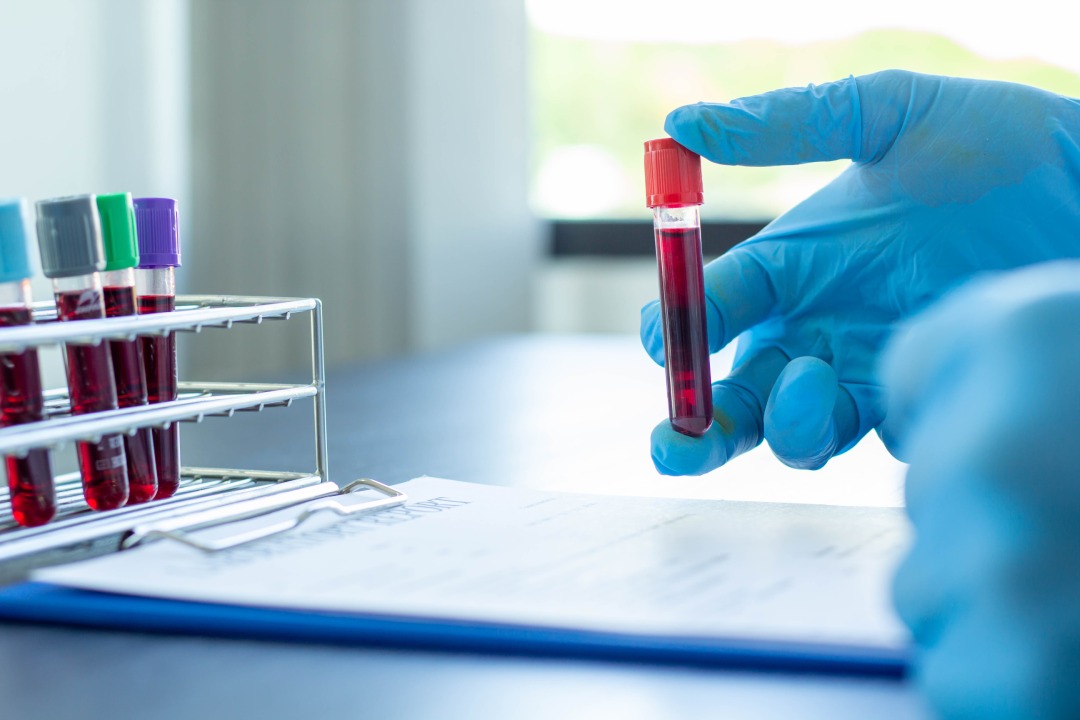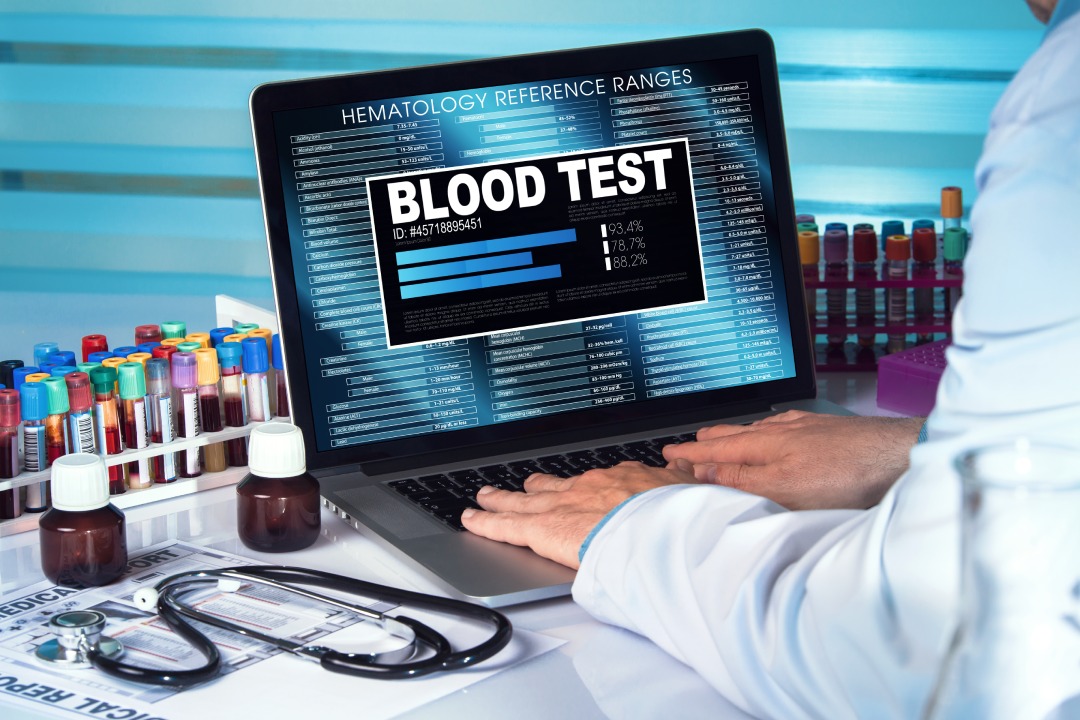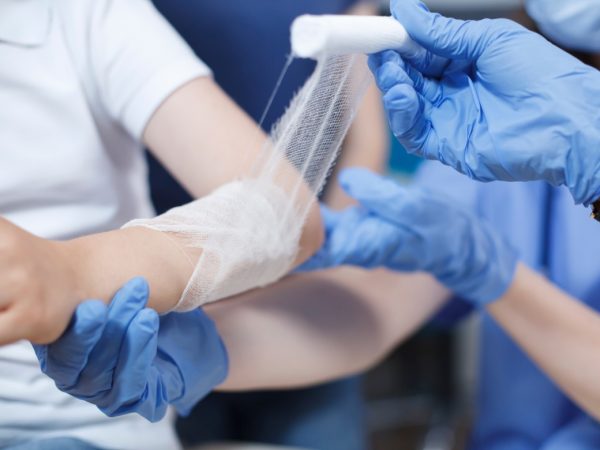7 Reasons Why You Should Get Regular Blood Tests
Maintaining optimal health is a priority for many, yet it’s often overlooked how vital regular blood tests are in achieving that goal. Our blood is a rich source of information about our body’s internal processes, and regular testing can provide invaluable insights into our overall well-being. From detecting potential health issues early on to monitoring the effectiveness of treatments, blood tests play a crucial role in preventive healthcare.
Whether you’re a health-conscious individual or someone managing a chronic condition, understanding the significance of these tests can empower you to take charge of your well-being. Let’s look at the seven main reasons why.

1. Early Detection of Diseases
One of the primary benefits of regular blood tests is the early detection of diseases. Blood tests can identify conditions such as diabetes, thyroid disorders, and certain cancers even before symptoms appear. Early detection allows for timely treatment, improving the chances of successful outcomes and preventing complications.
2. Monitoring Chronic Conditions
For individuals with chronic conditions like hypertension, diabetes, and heart disease, regular blood tests are essential. These tests help monitor the effectiveness of treatments and make necessary adjustments. By keeping a close eye on your health, you can manage your condition better and reduce the risk of severe health issues.
3. Assessing Overall Health
Regular blood tests provide a comprehensive overview of your overall health. They measure key indicators such as cholesterol levels, blood sugar levels, and white and red blood cell counts. These indicators give insights into your heart health, immune system, and overall bodily functions, helping you and your doctor make informed health decisions.
4. Detecting Nutritional Deficiencies
Blood tests are crucial in identifying nutritional deficiencies that can affect your health. Common deficiencies such as iron, vitamin D, and vitamin B12 can lead to various health problems, including fatigue, bone disorders, and neurological issues. By detecting these deficiencies early, you can take corrective measures through diet or supplements.
5. Evaluating Organ Function
Regular blood tests help assess the function of vital organs like the liver, kidneys, and heart. Tests such as liver function tests (LFTs), kidney function tests (KFTs), and cardiac biomarkers provide valuable information about how well your organs are working. Early detection of organ dysfunction can prevent serious health complications.
6. Monitoring Medication Effectiveness
For individuals on long-term medication, regular blood tests are necessary to monitor the effectiveness and adjust dosages if needed. Medications such as blood thinners, thyroid medications, and certain psychiatric drugs require regular monitoring to ensure they are working effectively without causing adverse side effects.
7. Personalized Health Insights
Blood tests provide personalized health insights that can guide your wellness journey. They help tailor individual health and wellness plans by identifying unique health markers and risks. With this information, you can make lifestyle changes, dietary adjustments, and preventive measures to enhance your overall well-being.
What to Expect from a Blood Test

When you go for a blood test, the process is straightforward and typically quick. Upon arrival, a healthcare professional will ask you to sit or lie down and will often tie a tourniquet around your upper arm to make the veins more prominent. They will then clean the area with an antiseptic wipe before inserting a needle to draw the required amount of blood into one or more vials. The sensation might be a small prick or pinch, and the entire blood draw usually takes just a few minutes. Afterward, they will remove the needle, apply a small bandage or gauze to stop any bleeding, and you’ll be free to go about your day.
Post-blood test, you might experience a little soreness or bruising at the puncture site, which is typically mild and resolves quickly. The collected blood is sent to a laboratory for analysis, and the results are usually available within a few days, depending on the tests requested. Your healthcare provider will discuss the results with you and explain any findings, potential concerns, or follow-up steps needed.
How to Prepare for a Blood Test

Preparing for a blood test is generally simple but might require specific steps depending on the tests ordered. It’s important to follow any instructions given by your healthcare provider, as some blood tests require fasting. If fasting is required, you will need to avoid eating or drinking anything except water for a specific period, typically 8-12 hours before the test. This ensures the accuracy of tests like blood glucose or lipid panels. You should continue to take any prescribed medications unless instructed otherwise by your healthcare provider.
On the day of the test, wear comfortable clothing, preferably with sleeves that can be easily rolled up. Stay well-hydrated by drinking plenty of water, as this can make your veins easier to locate, facilitating a smoother blood draw. If you have a fear of needles or feel anxious about the procedure, consider practicing relaxation techniques such as deep breathing or visualization to help you stay calm. Communicating any concerns to the phlebotomist can also help, as they can provide additional support and reassurance throughout the process.
Get Fast & Efficient Blood Tests With Kuye
At Kuye Medical Group, we help you get your lab results faster with in-office management of many common urinalysis and blood tests. Our on-site, same-day testing makes it fast and easy to receive a diagnosis for conditions like flu, H. Pylori, and a range of other illnesses. By using our efficient testing services, you can get treated more quickly and get back to health sooner.
Contact us today to schedule an appointment.






